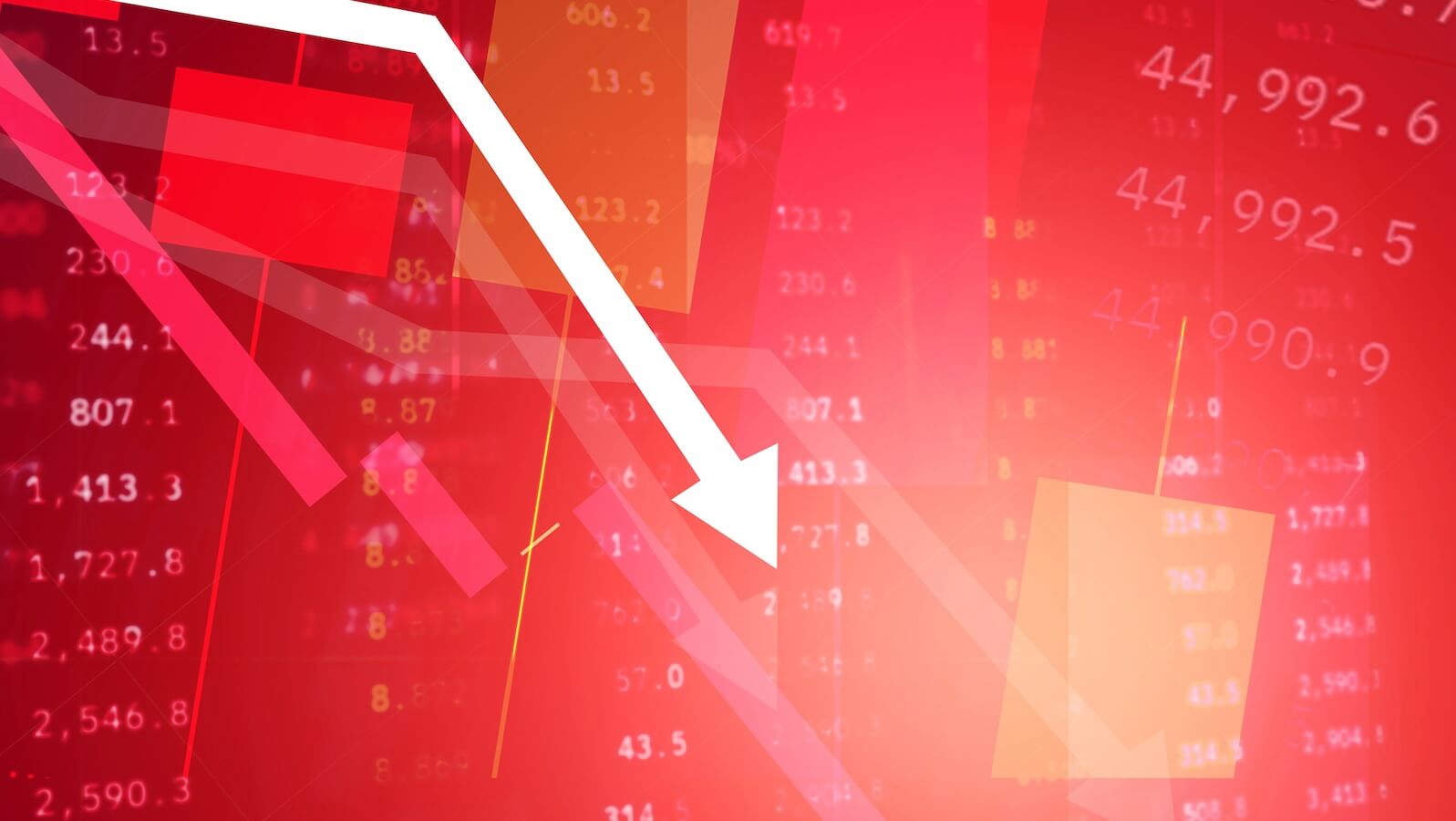Ok, I understand the logic - partially. In order of S&P 500 calendar month performance since 1950, May ranks 8th out of 12 and June ranks 10th out of 12. However, both have produced positive annualized returns and in this period of very low interest rates, does it really make sense to pull that portion of your investments devoted to equities? What's not mentioned by most who follow this theory, though, is that there are VERY bullish periods that fall within both of these calendar months. Simply avoiding the market during May and June makes little sense given that the first handful of days in May and the last handful of days in May have produced annualized returns of 37.72% since 1950. Compare that to the average annual return on the S&P 500 since 1950 of 8.46%. By sitting on the sidelines, your money has no chance of working for you during periods where annualized returns are more than four times the average. Does that make any sense? The middle of May does tend to have neutral to bearish implications, but only on the S&P 500 does our historical meter, The Bowley Trend, actually turn bearish.
The part I find most disturbing regarding this theory is the perception that all equity investments suffer after the beginning of May. Do these folks realize that since 1971 the NASDAQ has produced annualized returns of 13.85% and that NASDAQ prices have moved higher 23 of the 38 years over this period? Does pulling your equity investments really make sense given the NASDAQ's relative outperformance during May? By the way, June's annualized return since 1971 on the NASDAQ is 10.67%.
Now for the really good part. Let's talk about the small caps, the Russell 2000. In terms of the Russell 2000 monthly performance, only December has been a better month than May over the past 22 years. The annualized return during May on the Russell 2000 since 1987? How about 24.40%? Do you still feel like May is an atrocious month for equities? While I'll admit that May isn't the best month overall for equities, not even close to it, the facts suggest you might do more harm to your portfolio by "going away" than by staying. There's some food for thought.
As for the current state of the market, it continues to perform as I suspected it would. You cannot stand in the way of a significant market trend. The bias remains on the bullish side. The VIX, after breaking down from a triangle pattern, moved back higher to retest the breakdown as prices consolidated, then has moved lower. A declining VIX is somewhat synonomous with higher equity prices and that's what I continue to look for and trade based upon.
Happy trading!
Tom






